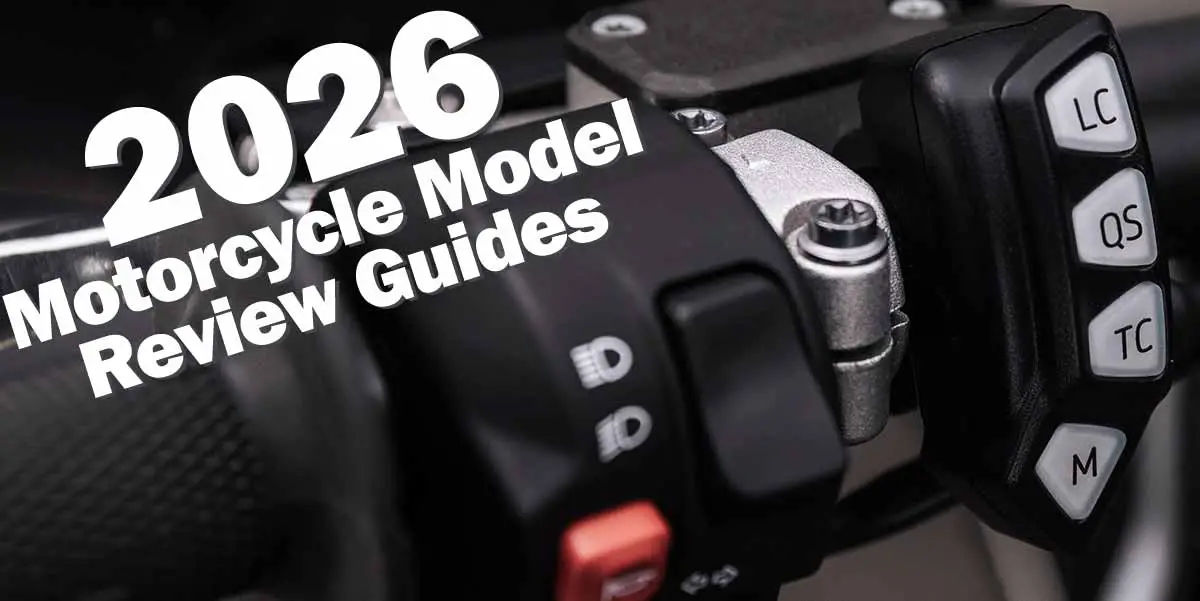
The Swappable Batteries Motorcycle Consortium (SBMC), founded in September 2021 by KTM, Honda, Piaggio and Yamaha, has quickly grown to 21 members (and counting).
Founded with the mission to accelerate the deployment of swappable battery systems by developing and promoting new common technical specifications towards global and open standardization, in its first six months, the consortium took essential steps at an incredible pace.
The aim is to ensure full interoperability of swapping batteries to facilitate their application and boost sustainable mobility.
This is what emerged during the SBMC Summit held in July 2022, with 40 of its representatives convened at the KTM Motohall in Mattighofen, Austria.
This event was the perfect occasion to reflect on the progress made over the consortium’s first semester of existence, and to set the scene for upcoming activities towards standardization.
The vision, strategy and operations of the consortium were established across its members, the committees and working groups. The consortium was equipped with the proper tools and instruments to fulfill its ambitions. The set of relevant technical specifications was agreed upon, and the SBMC’s work streams on prototyping and standardization were successfully kicked off.
Formal Liaison Member to the CEN-CENELEC
Strategic positions were also taken, among which are the acceptance of the SBMC as Formal Liaison Member to the CEN-CENELEC and membership in CEN-TC301 and CEN-CENELEC JTC-13.
* Three European Standardization Organizations have been officially recognized by the European Union and by the European Free Trade Association (EFTA) as being responsible for developing and defining voluntary standards at European level: CEN, CENELEC and ETSI.
Expertise
The consortium’s constructive approach has enabled it to overcome the technical challenges of developing interconnected and compatible systems. The SBMC is on track to achieve its goals as planned, and can now count on the best available expertise in the world to do so.
The current members are: AVL, Ciklo, Fivebikes, Forsee Power, Hioki, Honda, Hyba, JAMA, Kawasaki, KTM, Kymco, Niu, Piaggio, Polaris, Roki, Samsung, Sinbon, Sumitomo, Suzuki, Swobbee, Vitesco, VeNetWork, Yamaha.

SWAPPABLE BATTERIES MOTORCYCLE CONSORTIUM AGREEMENT SIGNED
Committed to the promotion of the widespread use of light electric vehicles, such as mopeds, scooters, motorcycles, tricycles and quadricycles in the transport sector and to the more sustainable lifecycle management of batteries in the context of international climate policies, the founding members of the Consortium believe that the availability of a commonly developed swappable battery systems is key to the development of lowvoltage electromobility.
The underlying aim of the Consortium is to find solutions to the concerns customers may have regarding the future of electromobility, such as the range, the charging time and infrastructure, and costs.
This will be achieved in accordance with four primary goals:
- Develop common technical specifications of the swappable battery systems
- Confirm common usage of the battery systems
- Make, and promote, the Consortium’s common specifications as a standard within European and International standardization bodies
- Expand the use of the Consortium’s common specification to global level.

Michael Le Pard (“Mr. Totalmotorcycle”) is the Founder of Total Motorcycle, the world’s largest motorcycle information site, trusted by over 430 million riders since 1999. With over 34 years of experience in motorcycles, gear and rider culture, he has built a global community dedicated to empowering and inspiring motorcyclists.
Total Motorcycle remains his passion project. Combining expert research, hands‑on knowledge and a commitment to helping riders make informed decisions about bikes, gear and safety worldwide.


